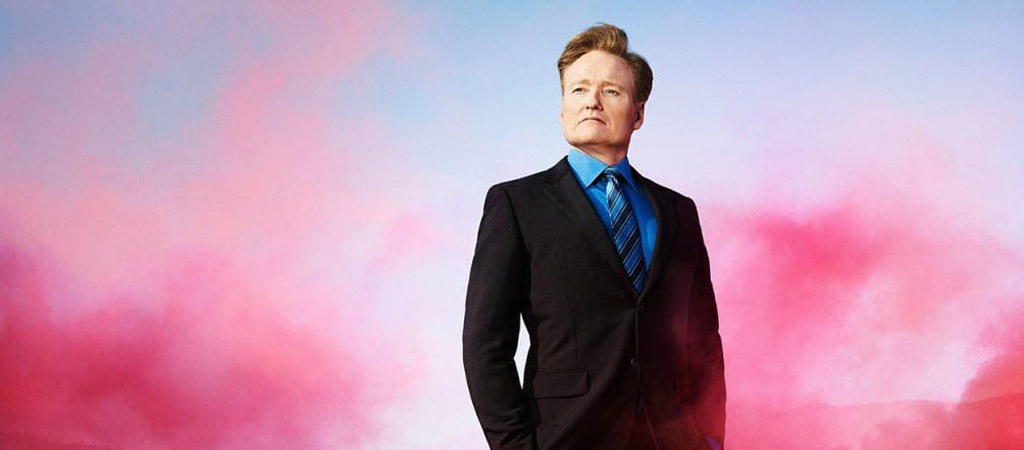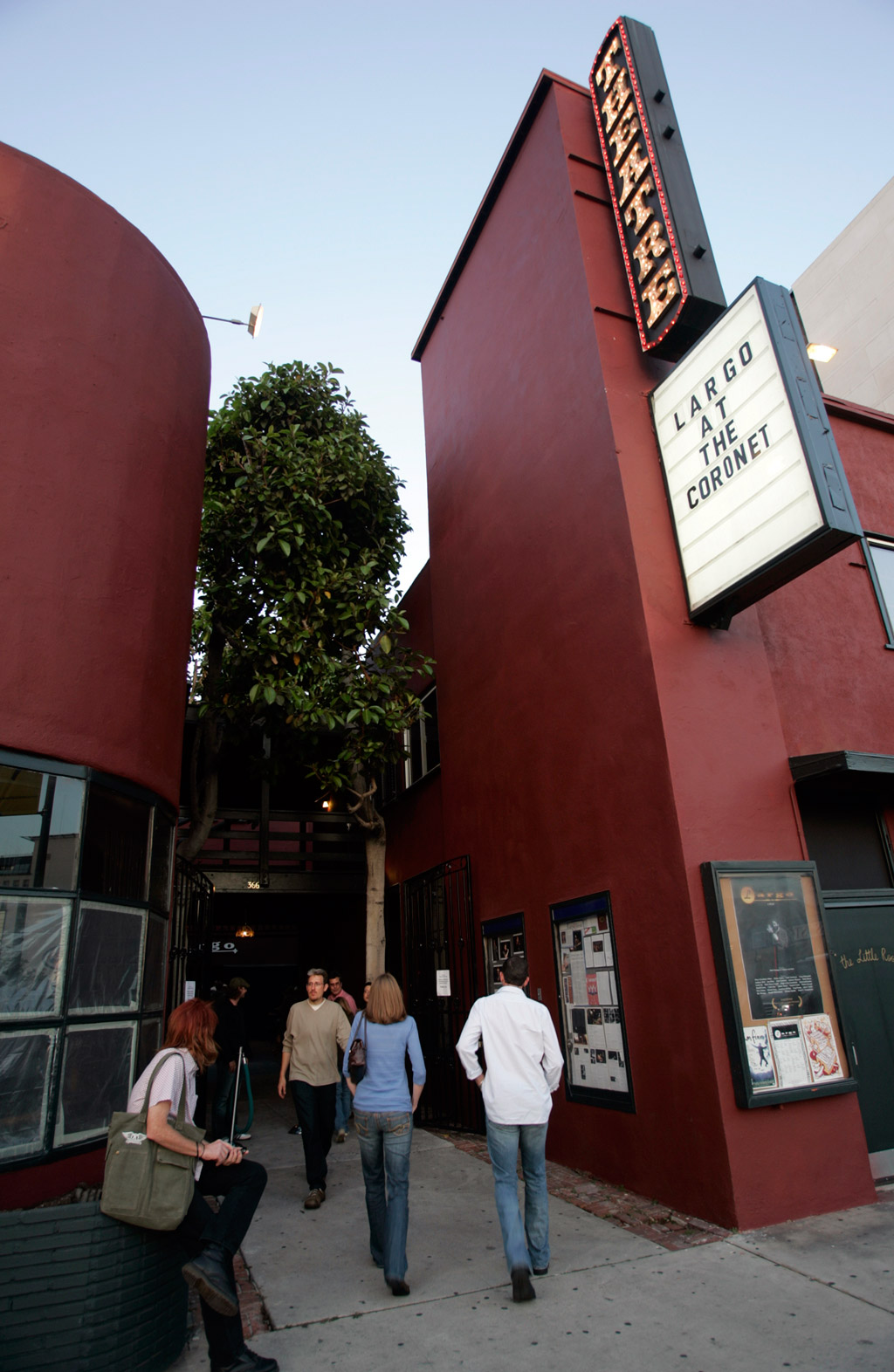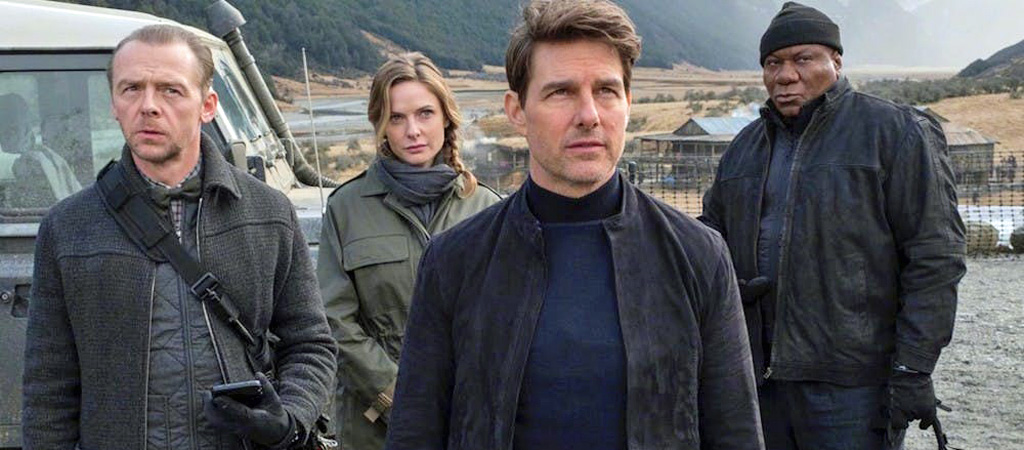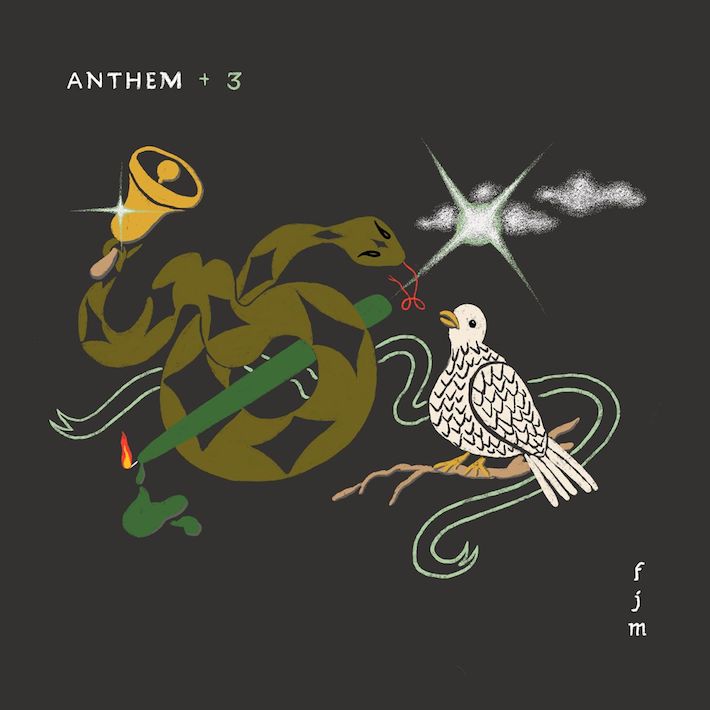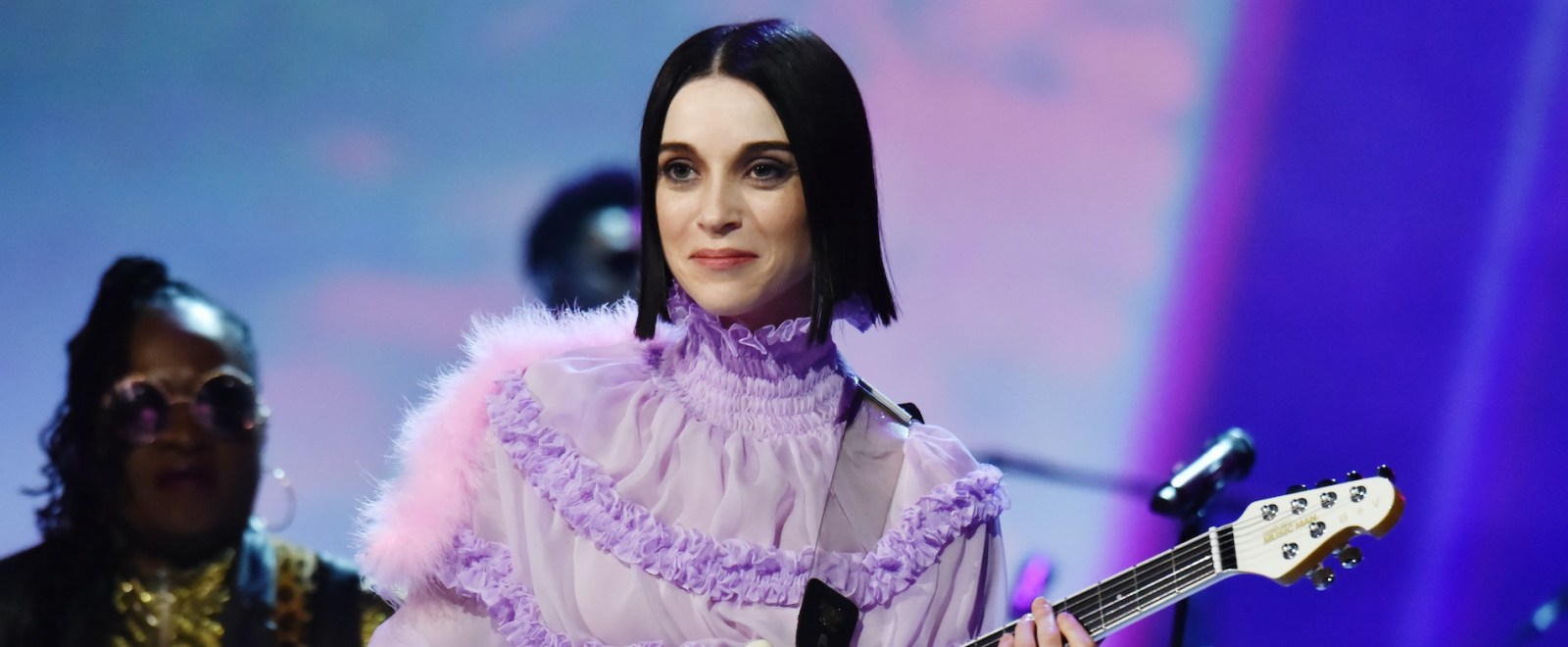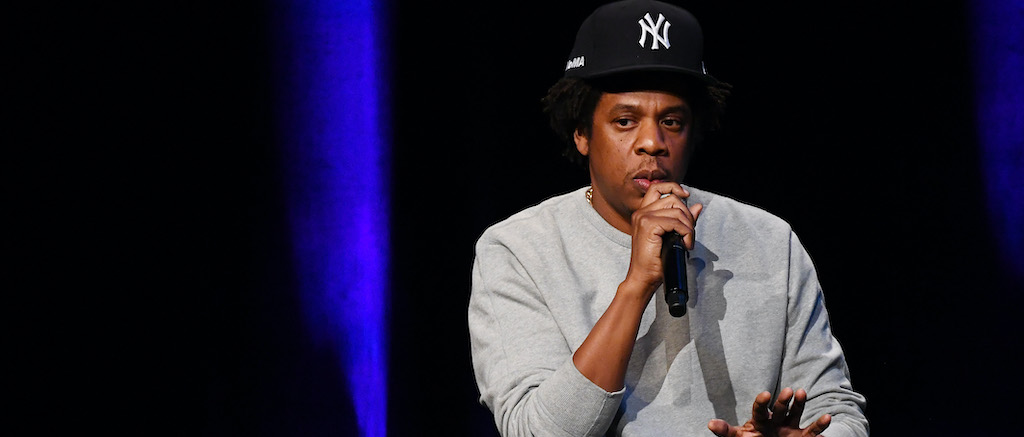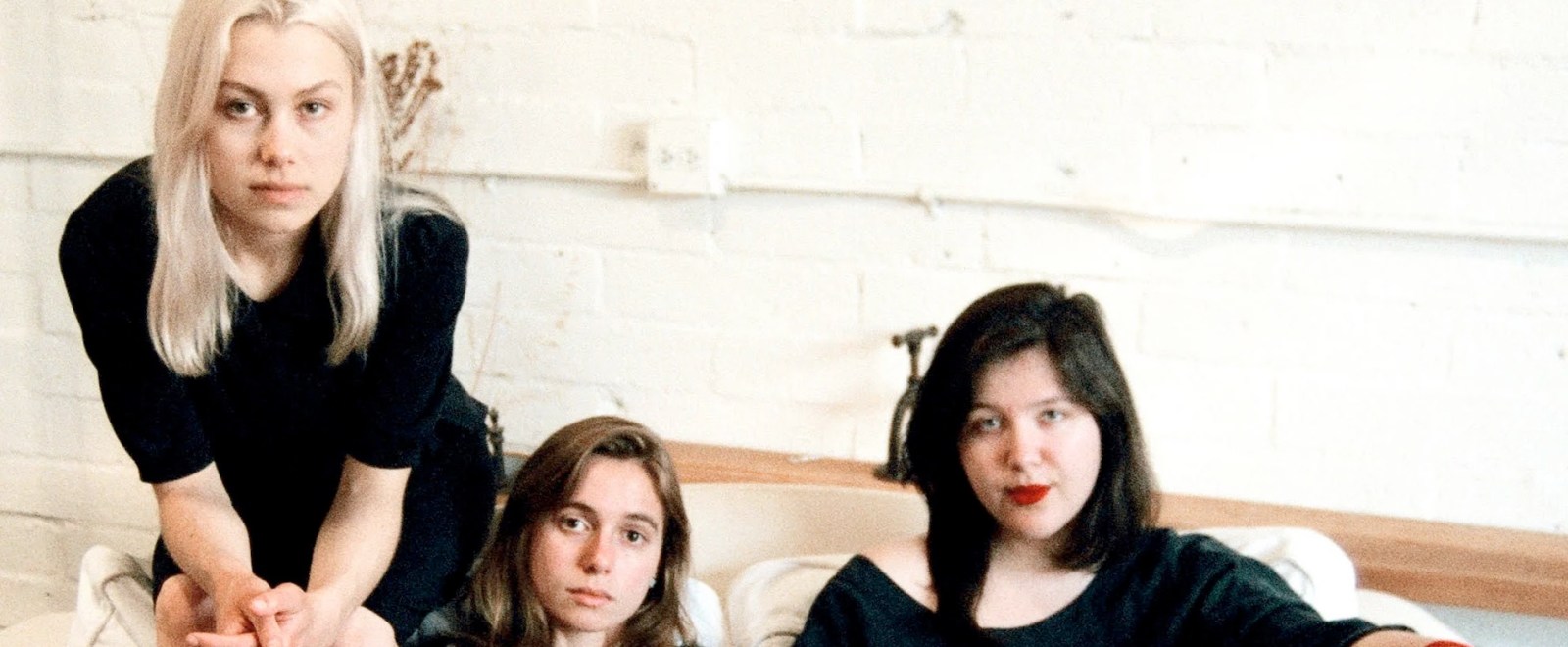We’re in that special time of year when a great bottle of dark rum is almost impossible to argue with. The sugarcane-based spirit, aged in oak in a tropical climate, just sings with summer night sultriness — lending itself to exceptional cocktails or being taken neat, with a few ice cubes clinking around the glass. It’s like your favorite bourbon turned on its head. Yes, it’s dark. Yes, there are notes of oak and spice. But dark rum is also just a different beast, every bit as nuanced as the best whiskeys on the market.
While the vast majority of rums that we get on our shelves come from countries dotting the Caribbean Sea, rum is actually just as universal as any spirit. Got sugar cane, sugar beets, or molasses? You’ve got the recipe for rum making. For this list, we’re focusing on the bottles that come from closer to home — in order to keep things both inexpensive and accessible. Expect us to widen the net a little further as July fully gets kicking.
The ten bottles below are rums that work wonders in fruit or citrus-forward cocktails, as smooth sippers over ice, or in mixed with a nice splash of bubbly mineral water. They’re also all available for delivery — a perk for those who are still fully homebound on 4th of July weekend.
Cruzan Black Strap Rum
ABV: 40%
Origin: St. Croix, U.S. Virgin Islands
Average Price: $17.46
The Rum:
This rum is deep and dark for one big reason: The addition of blackstrap molasses (which has the lowest sugar content of any molasses) after it’s aged. This Caribbean rum is aged between one and two years in old bourbon barrels. Next, the blenders cut the harsher edges from the sip with the dark molasses. This addition technically makes this a “black” rum, which is necessary for mixing up a Dark ‘N’ Stormy.
Tasting Notes:
The sweetness of this sip is tempered by a sense of fennel and vanilla. That sweetness edges towards high-fructose corn syrup masquerading as maple syrup with hints of spice and coffee bean bitterness. A note of dark spice arrives with more vanilla and a syrup nature on the semi-hot finish.
Plantation Original Dark Rum
ABV: 40%
Origin: Trinidad and Jamaica
Average Price: $20.89
The Rum:
This blend comes from Maison Ferrand (which has announced a forthcoming name change). The French proprietors bring a Cognac sensibility to rum making in the Caribbean. This particular expression is aged for three to five years in new American oak before being blended and transferred to Cognac casks from Maison Ferrand for a final 12 to 18-month finishing.
Tasting Notes:
This is a fascinating sip. The nose opens with a sense of bananas next to rich plums and pods of vanilla. The sip carries touches of orange zest next to cardamon, cloves, and allspice while the sweetness stays hinged to the plummy fruits. Those Christmas spices and oak marry on the end as a billow of smoke brings about a concise final note.
Goslings Black Seal Rum
ABV: 40%
Origin: Hamilton, Bermuda
Average Price: $20.99
The Rum:
Goslings imports rum made in both pot stills and continuous stills. They then age the hot juice in ex-bourbon barrels for an undisclosed amount of time. This iconic rum was the original spirit used in a Dark ‘N’ Stormy, in case you’re looking for something to mix with this one.
Tasting Notes:
Caramel and dark spices ride heavy upfront with a note of dried fruits. The taste then moves toward butterscotch, vanilla, and sharp cinnamon. Finally, there’s a rush of caramel that leads toward more oaky spice and a wisp of fresh herbs.
Blackwell Rum
ABV: 40%
Distillery: Kingston, Jamaica
Average Price: $22.99
The Rum:
This rum — distilled and blended by J.Wray and Nephew — is a Jamaican gold standard. Master blender Joy Spence (of Appleton Estate fame) worked with Chris Blackwell (founder of Island Records) to revive his mother’s recipe for this rum. They ended up with a rum that embraces the classic styles and craft behind great Caribbean dark rum.
Tasting Notes:
Light molasses covered orange peels mingle with dried tobacco and a note of dark spice. There’s a cacao bitterness at play with a dash of fatty nuts, fruit, and smoke. The wood and fruit combine with the spice and sweetness to bring about a pleasant and short finish.
Myers’s Original Dark Rum
ABV: 40%
Origin: Kingston, Jamaica
Average Price: $24.99
The Rum:
This is another classic rum to have on hand for mixing up some cocktails night or day. The rum is a blend of nine Caribbean rums that have been aged for up to four years in old bourbon barrels. The result is a dark and deep rum with a clear Jamaican molasses signature.
Tasting Notes:
Sweet notes mingle next to black pepper and a sense of wet earth. The sip tips very lightly into mild vanilla and a molasses sweetness. The oak takes hold on the finish as the earthiness dries out, leading to a quickly fading end.
Pusser’s British Navy Rum
ABV: 40%
Origin: British Virgin Islands
Average Price: $26.28
The Rum:
This is an English-style navy rum meant to emulate what the British Navy handed out to its seamen every day for centuries. When the rationing of daily rum stopped in the 1970s, Pusser’s arose to recreate the rum with a spirit distilled and aged in Guyana and Trinidad and blended in Barbados.
Tasting Notes:
This rum has a lot going on, which can turn some people off. There’s a certain, tough to pin down, rickhouse funk next to mild spices and vanilla pudding. On the palate, the sip turns toward that funk with notes of spice, sugar cane syrup, more vanilla, dark chocolate bitterness, and a touch of earthiness next to a wisp of smoke. Finally, that funky age mellows to a mild worn leather and pipe tobacco as the wood takes over with a nice hint of spice on the long-lingering finish.
Appleton Estate Reserve Blend
ABV: 40%
Distillery: Appleton Estate, Jamaica
Average Price: $27.99
The Rum:
Remember Joy Spence, mentioned above? She’s been making magic happen at Appleton Estate for a good while now. Although Appleton is in the midst of rolling out a whole new line, including their much anticipated 8-Year-Old expression, this bottle is going to be around for a while. The expression is blended from 20 different rums that aged for up to six years.
Tasting Notes:
Funky old barrel rooms meet dried orange zest, hazelnut, and ginger cake cut with honey. The sip leans towards a matrix of earthiness with caramel notes next to bright fruit and sharp spices. The finish comes up slowly with oak front-and-center but supported by funk, zest, and sweet notes.
Diplomatico Mantuano Extra Anejo
ABV: 40%
Origin: Venezuela
Average Price: $27.99
The Rum:
This Venezuelan rum comes from the foothills of densely forested mountains. It’s a departure from the Caribbean’s gently lapping shores in more ways than one. The rum is distilled in three different ways — by column still, batch kettle still, and pot still — before being aged in both ex-bourbon and ex-single malt barrels. The juice spends up to eight years in those barrels before being blended into the final product. You can sip this one all day, folks.
Tasting Notes:
Prunes dance with oak as dark echoes of spice cut through. Those prunes lead towards an oily vanilla pod and a clear sense of old oak barrels with hints of Christmas spice next to hints of florals and a lingering whisper of smoke. The finish arrives fairly slowly with the plummy nature fading out as the spice ramps up.
Mount Gay Rum Black Barrel
ABV: 43%
Origin: Bridgetown, Barbados
Average Price: $29.99
The Rum:
Mount Gay, the oldest rum distillery in the world, has created a unique and very new expression of rum with their Black Barrel rum. The rum is distilled in double pot and column stills and then aged in ex-bourbon barrels. Finally, the rum is blended and then finished in heavily-charred ex-bourbon barrels, hence the “Black Barrel” moniker.
Tasting Notes:
Toasted oak greets you with a nice dose of orchard fruit and mild spice. That spice leads towards a bourbon caramel sense with a hint of vanilla next to a building sense of spice and oak. The sip ends on a long, spicy note with that oak char adding a dry bitterness underneath.
EDITOR’S PICK: BACARDÍ Reserva Ocho Rum
ABV: 40%
Distillery: San Juan, Puerto Rico
Average Price: $29.99
The Rum:
This expression is what I use when leading rum tastings to give people a baseline of what “good, sippable rum” tastes like. Nothing is off-balance or demands special attention. It spent generations as a private label product, bottled only for the Bacardi family, but they were wise to share it with the world — it’s a massive upgrade to their base-level dark rums.
In short, we’re talking about classic Bacardi rum that gets left alone to stew in a Puerto Rican rickhouse — spending eight long years aging and maturing into this special (and affordable) bottle.
Tasting Notes:
For a rum defined by smoothness, the nose does have a little bit of alcohol punch. After that, I agree with Zach, who says, “dried apricots and plums lead the way towards a clear sense of freshly ground nutmeg.” In other words, aged stone fruit leading toward holiday spices. There’s vanilla and cinnamon, but you don’t sense them as directly as you would with a spiced rum — it’s more like a rum cake where you say to yourself “is there cinnamon and vanilla in here? I’d bet there is!”
On the palate, Zach noted “hints of fresh grass, dried tobacco, and stewed pears leading towards a mix of allspice, cinnamon, and more nutmeg” and… damn, he’s good at this. I totally agree on the dried grass or hay — not barnyard funk, but definitely some age. You get the molasses throughout but it doesn’t hammer you. The finish is allspice and fruit and “fruitcake” — which is, I suppose, both of those things combined. Zach picks up a “whisper of smoke” but for me, what lingers is the molasses.
-Steve Bramucci

